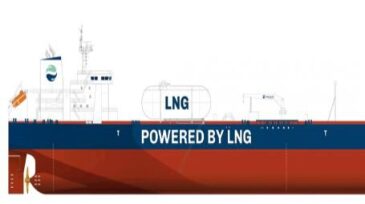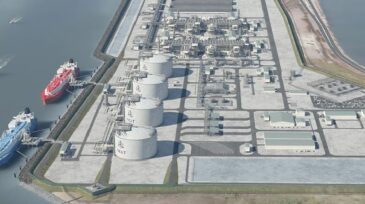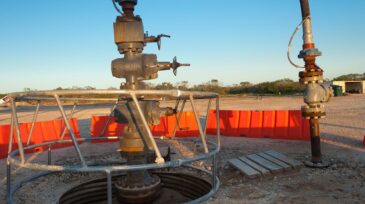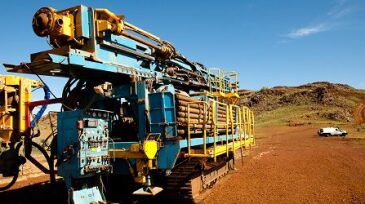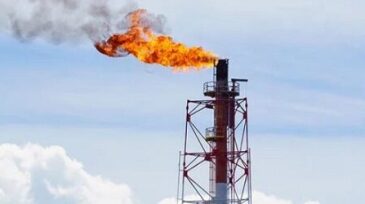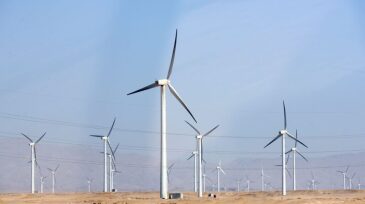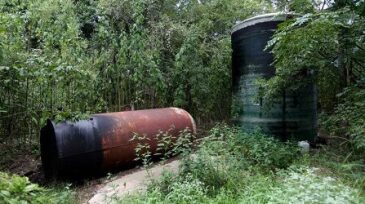Environment
This paper details a data-driven methodology applied in Indonesia to enhance flare-emission visibility and enable targeted reduction strategies by integrating real-time process data with engineering models.
This study presents the development of a biodegradable surfactant developed using principles of environmentally friendly chemistry from natural sources. The goal is to develop an effective and environmentally friendly surfactant that can emulsify and disperse oil to reduce its effects on marine environments.
This study ascertains the capital expenditure and operating expenditure associated with the reuse of existing facilities, specifically regarding a carbon capture and storage project being prepared in South Korea.
-
After a 3-year delay, the US has become the first nation in the world to formally withdraw from the Paris climate agreement.
-
The charter agreement for the LNG-propulsion vessels is in line with Total’s Climate Ambition and will cut down on several emissions.
-
Engie’s delayed supply contract with NextDecade’s Rio Grande LNG project is for 20 years. FID on the project is expected in 2021.
-
IPIECA, the global oil and gas industry association for advancing environmental and social performance, has scheduled a virtual workshop for 2 November to look at methane science, regulations, voluntary initiatives, and global expectations.
-
Primarily used in a few US states, waste-slurry-injection technology could help operators reduce cost, while also potentially reducing their carbon footprint. But the process may still present technical and environmental challenges.
-
New regulations have recently commenced with the effect that all onshore oil and gas exploration and production proposals involving hydraulic fracturing in Western Australia now will need to be referred to the Environmental Protection Authority for assessment.
-
A federal court struck down an Obama-era regulation targeting methane leaks from drilling on public lands, arguing that it went beyond the scope of the Bureau of Land Management, which promulgated the rule.
-
Future offshore oil and gas fields are likely to be satellite developments that emit less greenhouse gas because they do not require new production platforms. A new computational tool is now enabling the design of longer pipelines that will allow many more fields to be developed as satellites.
-
Tough talk about World Bank financing for oil and gas is a sign of the growing pressure to squeeze investing in fossil fuels as a way to slash carbon emissions.
-
Plugging and cleaning up the open oil and gas wells in Texas could cost companies and taxpayers as much as $117 billion, according to a new report.





